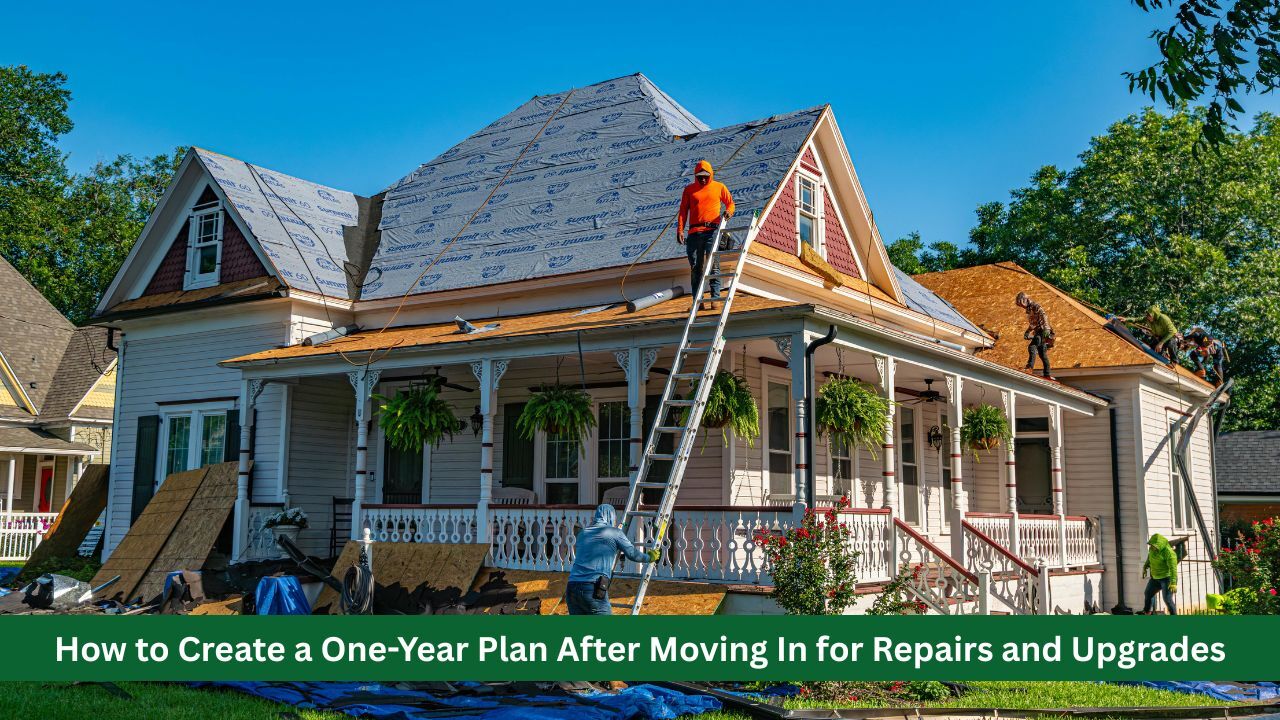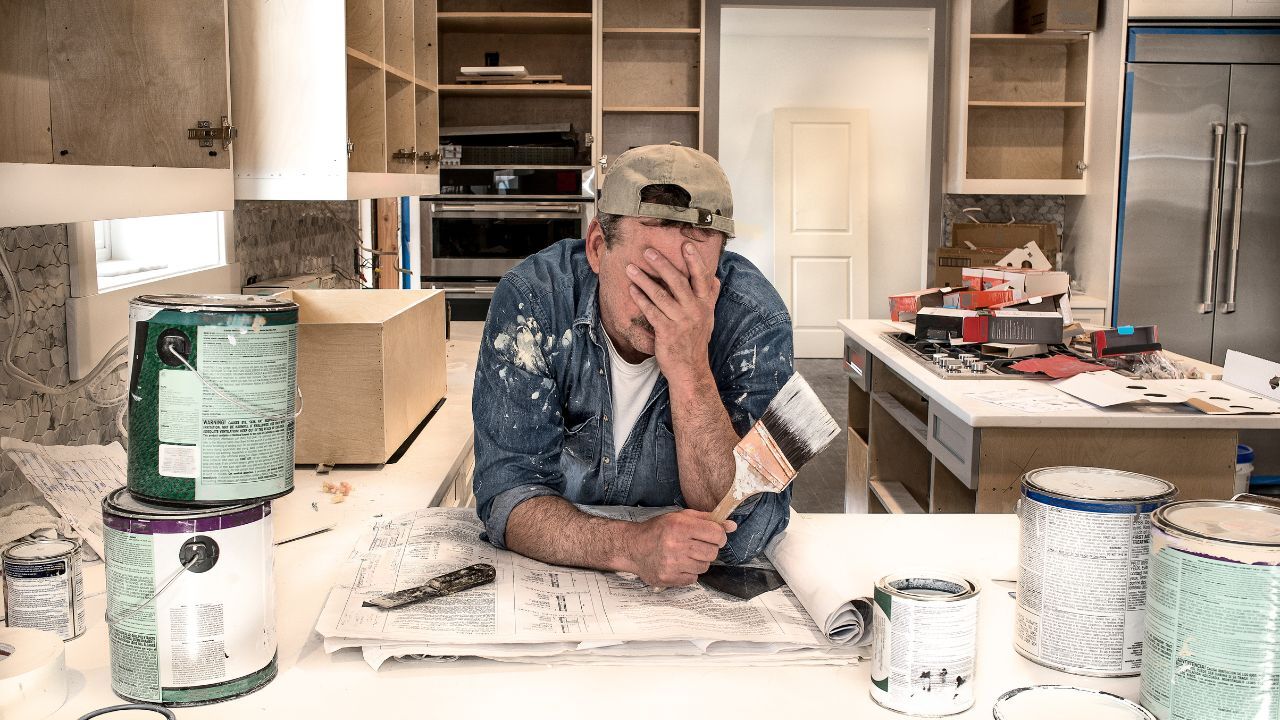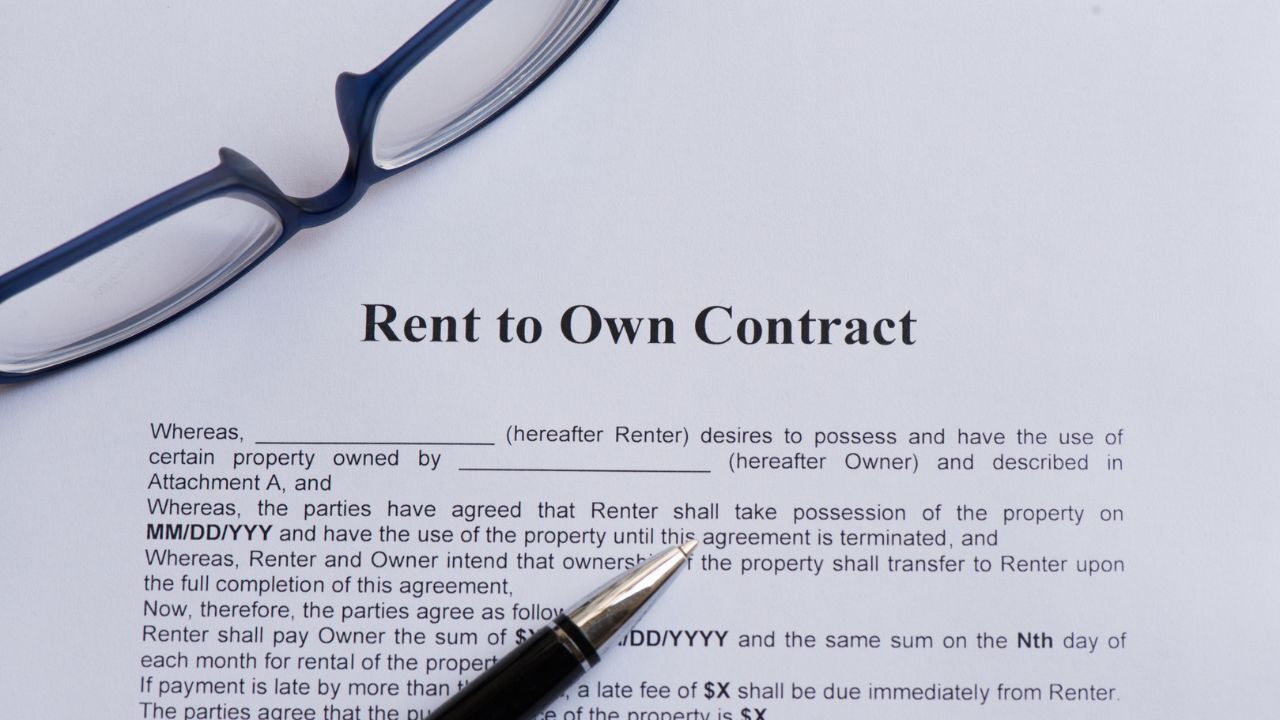 Selling a home is not just a financial decision, it is an emotional one. Your home holds memories, routines, and milestones that make it more than four walls. When it is time to sell, those emotions can make the process feel overwhelming. As real estate professionals, we help homeowners prepare not only their property, but also their mindset. With the right emotional preparation, you can move forward confidently and make the transition smoother for your entire family.
Selling a home is not just a financial decision, it is an emotional one. Your home holds memories, routines, and milestones that make it more than four walls. When it is time to sell, those emotions can make the process feel overwhelming. As real estate professionals, we help homeowners prepare not only their property, but also their mindset. With the right emotional preparation, you can move forward confidently and make the transition smoother for your entire family.
Acknowledge the Memories Your Home Holds
Before you can detach, it helps to acknowledge what the home has meant to you. Walk through each room and reflect on the moments that took place there. This simple step brings closure and makes it easier to shift into the mindset of selling. Recognizing those memories allows you to appreciate the role the home played in your life and accept that it is time for a new chapter.
Start Seeing Your Home Through a Buyer’s Eyes
Emotionally preparing to sell means shifting your perspective. Try walking through your home as if you are the buyer seeing it for the first time. Notice what feels inviting, what feels cluttered, and what might need attention. This shift helps you make decisions based on market appeal instead of sentiment. It allows you to separate your emotional connection from the upgrades, staging, and changes needed to attract buyers.
Declutter to Create Emotional and Physical Space
Clutter often carries emotional weight. As you begin packing or donating items, you create both physical space and mental clarity. Removing personal items, extra belongings, and outdated décor helps your home feel more neutral and spacious. This step not only prepares the home for showings, it helps you mentally transition from homeowner to future mover. Decluttering is an emotional reset as much as a practical task.
Focus on Your Next Chapter
One of the most helpful emotional strategies is to focus on where you are going instead of what you are leaving. Visualize your next home, your future routines, or the lifestyle changes ahead. When you shift your attention toward the possibilities, the selling process becomes more exciting and less stressful. Thinking forward helps you detach from the home gently and stay motivated throughout the process.
Expect Some Mixed Emotions Along the Way
It is normal to feel a mix of excitement, sadness, stress, and nostalgia when selling your home. These emotions are part of the process and acknowledging them makes the transition easier. Lean on your real estate professional for guidance, support, and clarity. The more prepared you are emotionally, the smoother the selling journey will feel from listing to closing.
Preparing your home emotionally helps you stay focused, grounded, and confident during the selling process. When you acknowledge your feelings, shift your perspective, and focus on your future, you set yourself up for a positive and successful transition.
 Moving into a new home is exciting, especially when you cannot wait to make improvements that reflect your style and lifestyle. The challenge is knowing where to start. Many new homeowners feel overwhelmed by repairs, upgrades, and projects competing for attention.
Moving into a new home is exciting, especially when you cannot wait to make improvements that reflect your style and lifestyle. The challenge is knowing where to start. Many new homeowners feel overwhelmed by repairs, upgrades, and projects competing for attention. When buyers tour a home, the garage is often an afterthought, but it plays a much larger role in property value than many people realize. Garage size affects storage, functionality, lifestyle, and the overall appeal of a home. As real estate professionals, we often see buyers choose one home over another simply because the garage better fits their needs. Whether you plan to use the garage for parking, projects, or storage, its size can significantly influence long-term value and buyer interest.
When buyers tour a home, the garage is often an afterthought, but it plays a much larger role in property value than many people realize. Garage size affects storage, functionality, lifestyle, and the overall appeal of a home. As real estate professionals, we often see buyers choose one home over another simply because the garage better fits their needs. Whether you plan to use the garage for parking, projects, or storage, its size can significantly influence long-term value and buyer interest. Selling your home is a major milestone, and preparation plays a key role in achieving a strong result. Buyers form opinions quickly, and thoughtful updates can influence both interest and offers. These steps help position your home to appeal to today’s buyers while maximizing value.
Selling your home is a major milestone, and preparation plays a key role in achieving a strong result. Buyers form opinions quickly, and thoughtful updates can influence both interest and offers. These steps help position your home to appeal to today’s buyers while maximizing value. As life changes, your home needs can change as well. Growing families, new hobbies, remote work, or lifestyle shifts often create the question many homeowners eventually face. Should you move into a larger home, or should you stay where you are and renovate? The answer is not always simple, and the right choice depends on your finances, your long-term goals, and how well your current home can adapt. As real estate professionals, we help homeowners evaluate these choices so they can move forward confidently.
As life changes, your home needs can change as well. Growing families, new hobbies, remote work, or lifestyle shifts often create the question many homeowners eventually face. Should you move into a larger home, or should you stay where you are and renovate? The answer is not always simple, and the right choice depends on your finances, your long-term goals, and how well your current home can adapt. As real estate professionals, we help homeowners evaluate these choices so they can move forward confidently. Buying a home is already a major decision, but when you are navigating a shared custody schedule, the process becomes even more personal and complex. Location, school boundaries, commute times, and daily logistics all play a larger role in your home search.
Buying a home is already a major decision, but when you are navigating a shared custody schedule, the process becomes even more personal and complex. Location, school boundaries, commute times, and daily logistics all play a larger role in your home search. Buying a fixer-upper can be a smart way to build equity, customize a home, and stay within budget in a competitive market. The challenge is knowing the difference between a great investment and a true money pit. As real estate professionals, we guide buyers through this decision every day. With the right preparation and the right expectations, you can choose a home with potential instead of one that drains your savings and your sanity.
Buying a fixer-upper can be a smart way to build equity, customize a home, and stay within budget in a competitive market. The challenge is knowing the difference between a great investment and a true money pit. As real estate professionals, we guide buyers through this decision every day. With the right preparation and the right expectations, you can choose a home with potential instead of one that drains your savings and your sanity. Buying a home is exciting, but the language of real estate can feel overwhelming if you are new to the process. Many buyers hear unfamiliar terms at showings, in listings, or during conversations with lenders. Understanding this language gives you more confidence and helps you make informed decisions as you move through your home search.
Buying a home is exciting, but the language of real estate can feel overwhelming if you are new to the process. Many buyers hear unfamiliar terms at showings, in listings, or during conversations with lenders. Understanding this language gives you more confidence and helps you make informed decisions as you move through your home search. Selling a home through a rent-to-own agreement can create a flexible path for both sellers and future buyers. This arrangement allows a tenant to live in the home while preparing to purchase it later, giving the seller steady income and a committed future buyer.
Selling a home through a rent-to-own agreement can create a flexible path for both sellers and future buyers. This arrangement allows a tenant to live in the home while preparing to purchase it later, giving the seller steady income and a committed future buyer. When it comes to buying a home, location is always a major factor, but for many families, the local school district carries just as much weight. Even for buyers without children, the quality of nearby schools can have a lasting impact on property values. Understanding how education and real estate are connected helps buyers make smarter decisions and recognize the long-term advantages of purchasing in a strong school district.
When it comes to buying a home, location is always a major factor, but for many families, the local school district carries just as much weight. Even for buyers without children, the quality of nearby schools can have a lasting impact on property values. Understanding how education and real estate are connected helps buyers make smarter decisions and recognize the long-term advantages of purchasing in a strong school district.